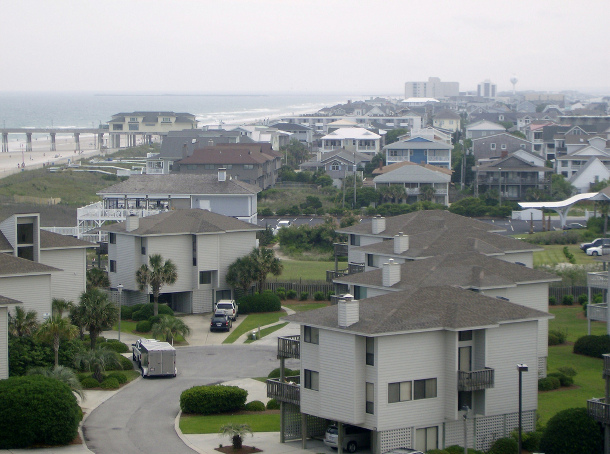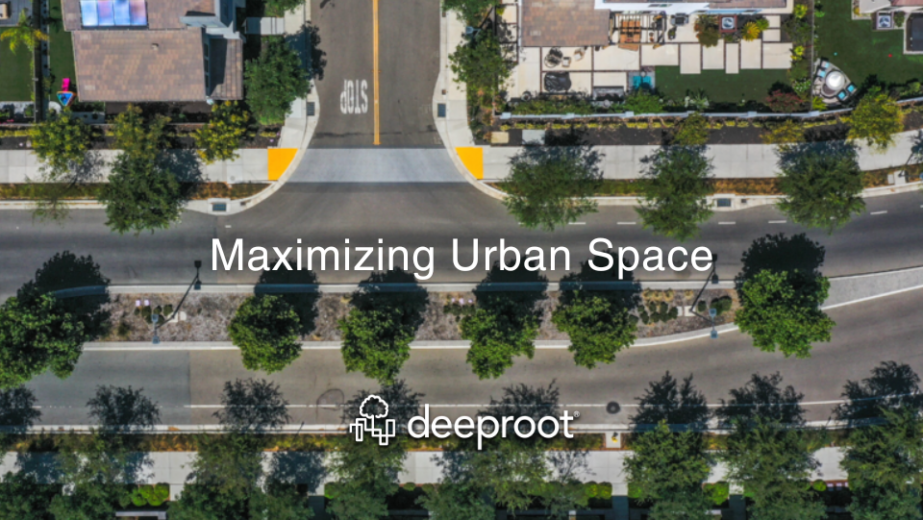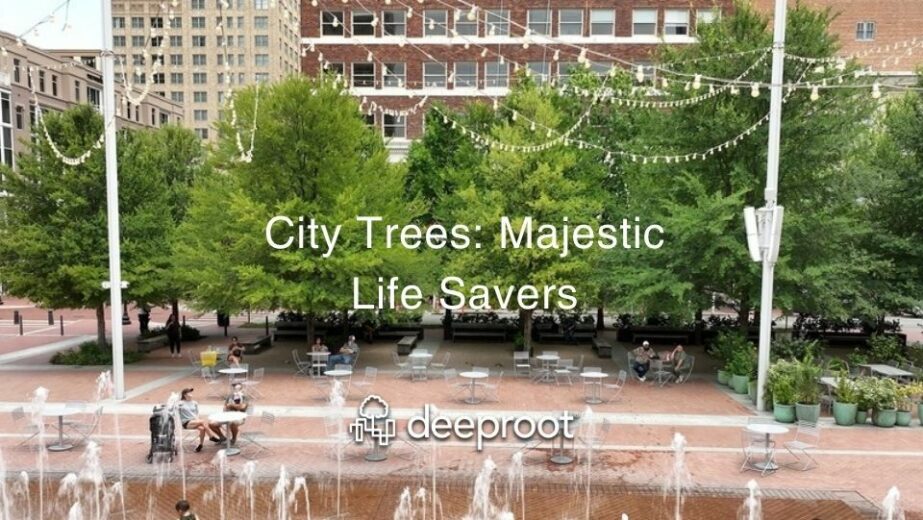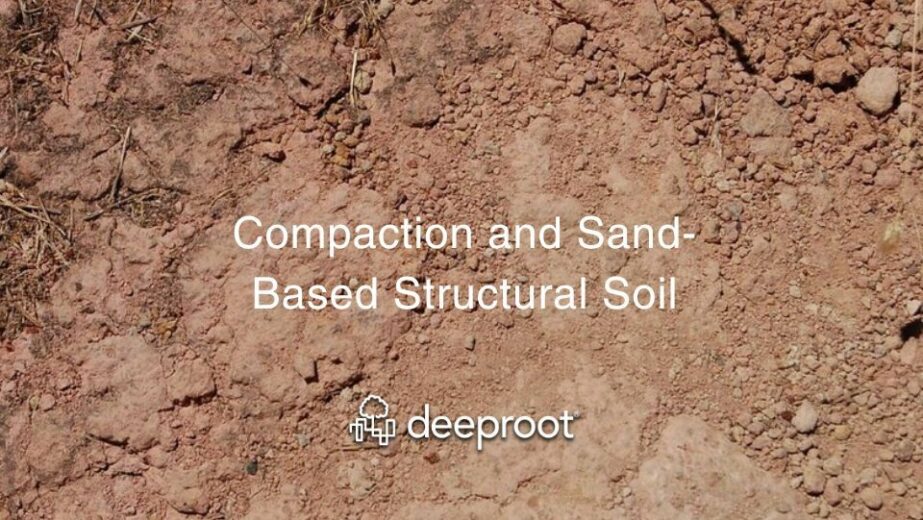
Town of Wrightsville Beach, NC (pop. 2,500).
Flickr credit: nicolelily
Last month, I read an article about the merits of starting small when it comes to stormwater harvesting projects. The article started with the statement that some cities that have evaluated stormwater harvesting have concluded that the investment is too large relative to the benefits. It then goes on to examine the town of Wrightsville Beach, NC, that found itself with an unexpected surplus of water after implementing a small roof runoff collection project from the town’s municipal building complex using cisterns.
According to the article, the goal of the cistern collection system was modest – they wanted enough water to wash the town’s fleet of fire trucks and to supplement landscape irrigation. Apparently, the five 3,000-gallon cisterns far exceeded their expectations, and have already collected far more water than the town can use. In response, Wrightsville Beach has expanded their uses for the stormwater they’ve harvested to include more irrigation. Meanwhile, they also plan to install more cisterns to enhance their capacity for these sorts of projects. The original rain barrel installation, which was done with assistance from the North Carolina Coastal Federation, was “intended to help reduce polluted runoff to local creeks and reopen them for shellfish harvesting. Now the Coastal Federation is leveraging the success of the project—and the public attention it’s getting—to encourage other lot-level measures that homeowners can take to reduce runoff.”
I find projects like this very inspiring; I think a lot of people must. With minimal outlay and disruption, this little town (pop. 2,500) has managed to make a significant ecological impact on their own water use while also reducing pollutant runoff to nearby watersheds. It is very, very powerful to recognize that small changes like these can have large repercussions. These projects, and in this case the people of Wrightsville Beach, deserve a lot of credit.
And yet, in many cases involving green infrastructure solutions, I think we think small too often. I’m not talking about Wrightsville Beach (they are genuinely small!). I’m talking about medium and large cities that are focusing a great deal of energy and resources on miniscule pilot and demonstration projects. I’m thinking of cities of 250,000 to many millions of people that are doing one-off projects in minor pedestrian plazas or sidewalk bulb outs to make sure that green infrastructure works. We know green infrastructure works! Small projects can be great. But they’re not enough. To see the truly dramatic, appreciable effects that we can get from green infrastructure design solutions, we need to implement larger projects, incorporating this approach in to miles of streetscape, acres of parking lots and plazas.
While large cities have the footprint and budget for expansive green infrastructure projects, their bureaucracies can be formidable. Sometimes it is easier to get people on board with innovative design projects when the number of people involved, and the scale of the project, is smaller. I hope smaller cities and towns will continue to push for those types of projects; they are a reminder that you don’t need huge resources to accomplish some incredible things. Still, the impact of green infrastructure – it’s ability to reduce stormwater volume and improve stormwater quality, to improve human and wildlife habitats, to enhance quality of life through reduction of noise and creation of (actually) green spaces, among many other benefits – is necessarily limited by the size and scope of the projects. We appreciate and praise the cities like Wrightsville Beach, but large stormwater harvesting projects are essential as well. Some of our big cities have already picked up the mantle to show us the impact these projects can have when implemented across an entire community. We hope more will continue to.






Great blog. Thanks for getting us to think big!